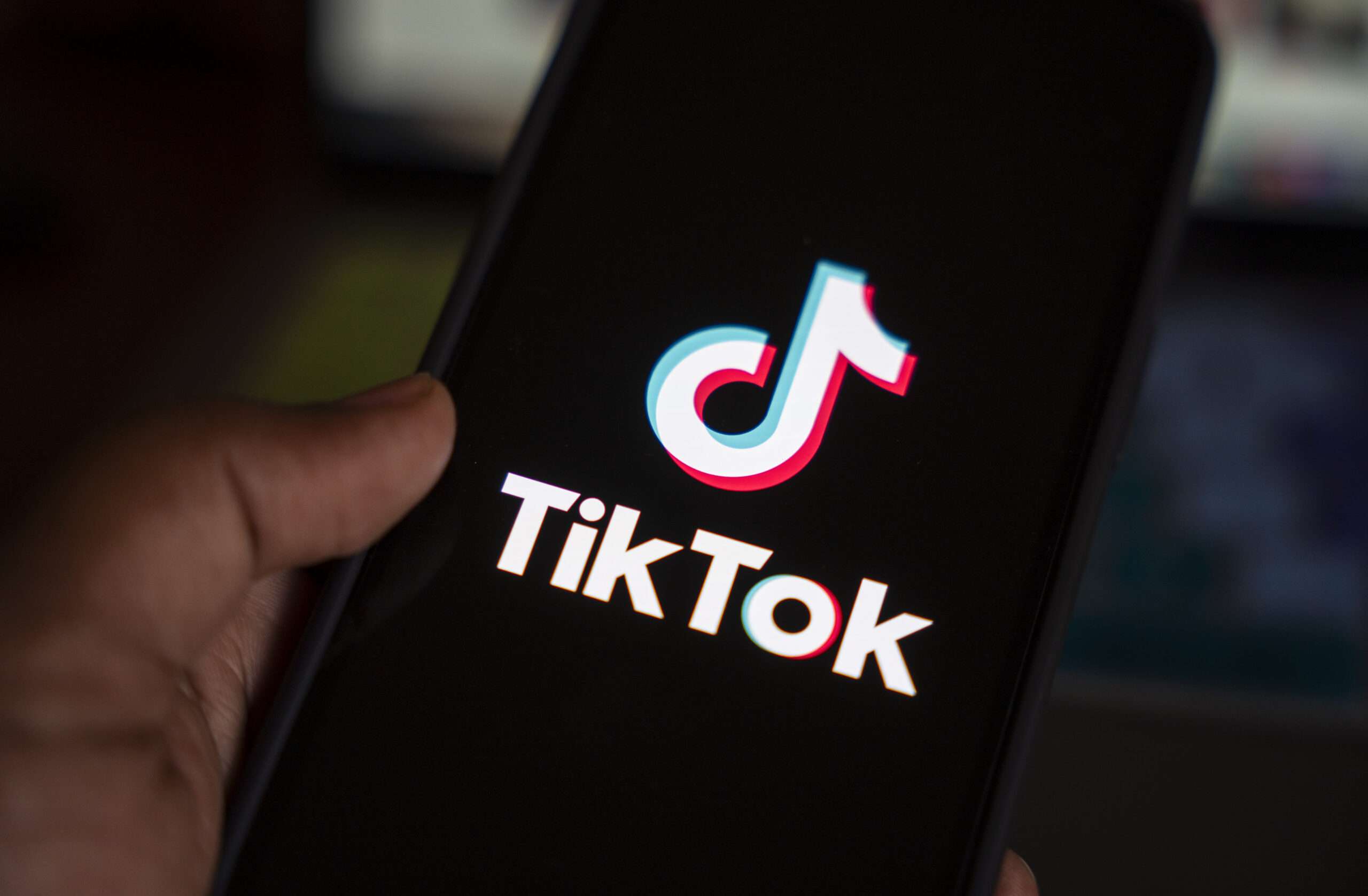There are concerns about a social media app from China that is captivating teenagers like never before. Gen Z has been spending a significant amount of time on this app, watching videos of pranks, makeup tutorials, and babies talking in strange voices. Now, there are fears that the app, controlled by a hostile government, may have more sinister intentions. Some argue that this “digital fentanyl” must be banned to protect the Republic.
In response, President Joe Biden has signed the Protecting Americans from Foreign Adversary Controlled Applications Act of 2024. This act requires the China-based company ByteDance to either spin-off TikTok or face a ban. The aim is to address concerns about U.S. users’ data being linked to the Chinese Communist Party. Despite TikTok’s claims that American users’ data is now stored with Oracle in Texas, Congress remains skeptical.
Critics argue that TikTok poses more significant threats compared to other popular social media platforms. They claim that the app is addictive, foreign-owned, and may promote anti-American content through its algorithms. The debate around TikTok mirrors the plot of The Music Man, where a town is stirred into a frenzy by the potential dangers lurking in an amusement parlor.
While the bill aims to restrict U.S. access to TikTok if ByteDance fails to transfer ownership within a specified timeframe, there is only a 24 percent chance of the ban being enforced by May 2025. Legal challenges, including claims of First Amendment rights violations, are being raised by ByteDance.
Some lawmakers argue that TikTok is used by the Chinese Communist Party to push propaganda and censor views, calling for action to block the app. However, others believe that freedom of speech and a free press can counter such propaganda effectively.
Rather than preemptive actions, critics of TikTok should focus on reporting actual violations and holding accountable those responsible. Any criminal behavior, such as data theft, should be dealt with by the authorities. However, past failures in addressing security breaches raise concerns.
The debate around TikTok highlights broader issues of data security and foreign influence. As the government grapples with these challenges, it is crucial to uphold the principles of free speech and transparency.





